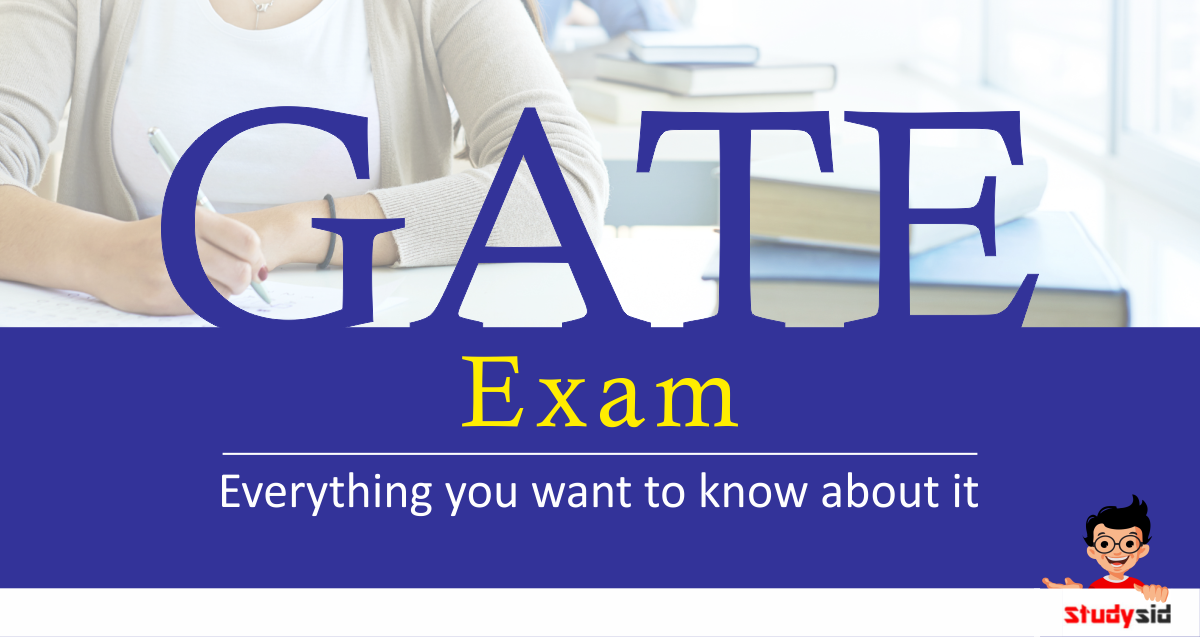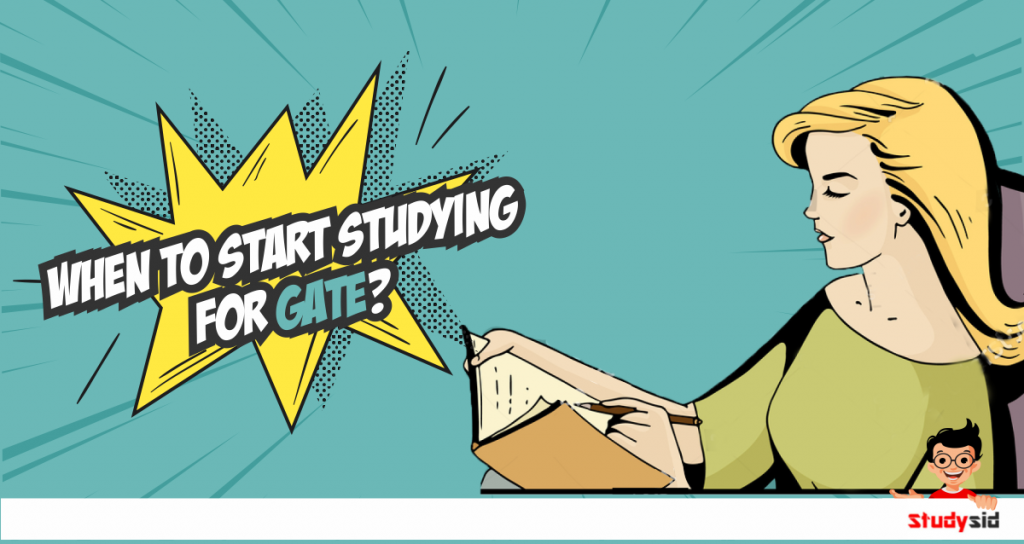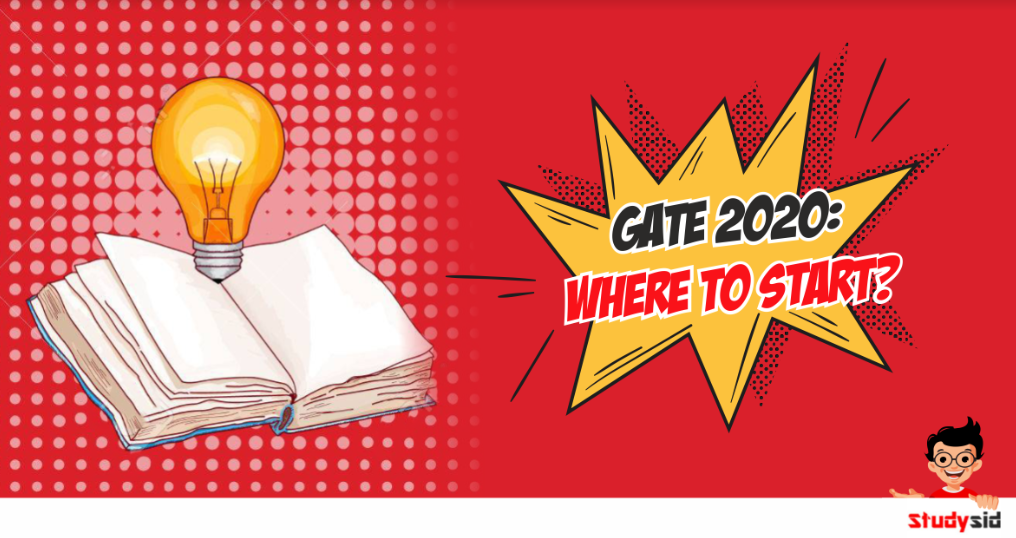The Graduate’s Aptitude Test in Engineering or GATE, considered as one of the most competitive exams after UPSC and JEE in India, is administered jointly by Indian Institute of Science (IISc), Bangalore along with seven IITs, and is used as a merit for admission to various post graduate programmes at IITs and NITs. This national level entrance examination is a computer-based test (CBT) which is conducted once every year and encompasses 23 disciplines including Architecture and Planning (AR), Computer Science and Information Technology (CS), Electronics and Communication Engineering (EC) and Civil Engineering (CE). An aspirant is only allowed to choose one of these 23 disciplines during an attempt to crack this challenging and exacting exam. Nevertheless, GATE does not have any age or attempt limit, so one may apply as many times one wants to attempt.
An exam that adds significant volumes of worth and value to one’s graduate degree, GATE, tests the comprehensive understanding of candidates in various undergraduate subjects incorporating Engineering/Technology/Architecture and post-graduate level subjects in Science.
However, to apply for GATE, candidates have to meet certain criteria with regard to their qualifying degree:
- Candidates may be Indian Nationals or from Bangladesh, Nepal, Sri Lanka, Ethiopia and United Arab Emirates (U.A.E).
- Final year students are eligible to apply and must upload a scanned image of their third year (fifth and sixth semester) mark sheet.
- International candidates should have completed a Bachelor’s degree in Engineering or a Master’s degree in Science in a relevant subject or must be in the final year of the program.
The application procedure involves registration, generation of GOAPS (GATE Online Application Processing System) enrolment identification and password, filling of personal and academic details, uploading photographs, signature and thumb impressions along with other documents.
A whopping 10 lakh students appeared for the examination in 2018 as compared to the 8 lakh students who appeared for the 2015 paper, lucidly indicative of the fact that this exam is getting popular among graduates and the level of competition is increasing every year. Based on the cut-off declared by the conducting institute (which was IIT Guwahati for GATE 2018), about 13-17% of total candidates manage to qualify and sit for counselling. All the engineering streams have garnered a lot of participation through the years, because the boom in the industry creates a demand for experienced post graduates that GATE candidates are more than qualified to fill.
Candidates preparing for GATE must check the paper pattern to know the subjects, marks distribution and duration of the exam which will help them to strategize and crack the examination. While the specifics of respective streams change every year, the paper structure commonly consists of 65 questions divided into numerous sections for a maximum weightage of 100 marks, the General Aptitude (GA) section being a common section in all papers. The exam consists of two types of questions namely, Multiple Choice Questions (MCQs) and Numerical Answer Type (NAT) Questions with each one carrying either 1 or 2 marks. Candidates will be penalized for selecting incorrect responses to MCQs, 1/3 marks will be deducted for questions carrying 1 mark and 2/3 marks will be deducted for questions carrying a weightage of 2 marks. Nonetheless, there is no negative marking for NAT questions.
The best way to crack GATE requires a mastery of the 3Ps: Planning, Preparation and Practice. It is advised that students must start planning as early as the second year of engineering and prepare for GATE in parallel with their semester examinations. Aspirants aiming for a good score should devote at least 4-5 months of their final year to practice while having perfected previous versions of question papers. Aspirants may also join coaching centres established for GATE preparation with the help of StudySid, which is an online education marketplace, connecting students to a diverse range of coaching classes. It is highly critical that the students choose the right study resources, standard text and reference material, under able guidance of their professors and mentors. Besides, there are plenty of useful learning resources which are available online, some of the most notable being the video lectures of Ravindra Babu Ravula and Neso Academy. Toppers also take to intense revision routines in the final weeks leading to the exam which help them gain immense boosts to morale.
The road to a respectable rank in GATE does not have to be torturous and gut wrenching; one can actually enjoy the journey if he/she has the correct focus i.e. to be a competent and knowledgeable engineer. Undying perseverance and hard-core passion are key virtues to reach this summit of success.




